
Rhinofit Nasal Spray
Manufacturer
Entod Pharmaceuticals Ltd
Salt Composition
Fluticasone Propionate (0.05% w/v)
Key Information
Short Description
Rhinofit Nasal Spray is a steroid that relieves symptoms of rhinitis (blocked nose) such as runny nose, sneezing, and sinus discomfort.
Dosage Form
Nasal Spray
Introduction
Rhinofit Nasal Spray is a steroid medicine that works by blocking the production of certain chemical messengers that cause inflammation in the inside of the nose. It relieves the symptoms of rhinitis such as runny nose, sneezing, and sinus discomfort. You should always use Rhinofit Nasal Spray as advised by your doctor. To get the full benefit of the medicine you should use it regularly. Normally you should blow your nose gently before using it, keep one nostril closed while applying the medicine into the other, and then sniff hard to make sure it reaches deep into the nose. Then repeat for the other nostril. Nasal irritation is a very common side effect of this medicine. It may also cause nosebleed and headaches in some patients. Talk to your doctor if you are worried about side effects or they do not go away. Using corticosteroids like this medicine makes you more susceptible to viral infections so you should stay away from people who have these infections. In general you should try to avoid situations which make your symptoms worse (things like pollen and dust mites) and it’s best not to smoke.
Directions for Use
Use this medicine in the dose and duration as advised by your doctor. Check the label for directions before use. Insert the bottle tip into one nostril and close the other nostril. Direct the spray towards the sides of your nostril away from the cartilage dividing the two sides of your nose. As you spray, breath gently and keep the head upright. Repeat the same process for the other nostrils.
Safety Information
Side Effects
Nasal irritation Nosebleed Headaches
Breastfeeding Warning
Rhinofit Nasal Spray is probably safe to use during breastfeeding. Limited human data suggests that the drug does not represent any significant risk to the baby.
Pregnancy Warning
Rhinofit Nasal Spray may be unsafe to use during pregnancy. Although there are limited studies in humans, animal studies have shown harmful effects on the developing baby. Your doctor will weigh the benefits and any potential risks before prescribing it to you. Please consult your doctor.
Interacting Medicines
Acarbose Amlodipine Aprepitant Atazanavir
How it works
Rhinofit Nasal Spray is a steroid medicine that works by blocking the production of certain chemical messengers that cause inflammation in the inside of the nose.
Quick Tips
Before using Rhinofit Nasal Spray inform your doctor if you have an infection in your nose or recently had any surgery on your nose. Do not increase the prescribed dose and inform the doctor if your symptoms do not improve or worsen. Avoid using Rhinofit Nasal Spray immediately after washing your face. If it is mixed with certain soaps or gets diluted with water its effectiveness may reduce. Do not share the bottle with anyone else so that you do not spread germs. Do not use this medicine for longer periods of time than is advised by the doctor.
Related Medicines
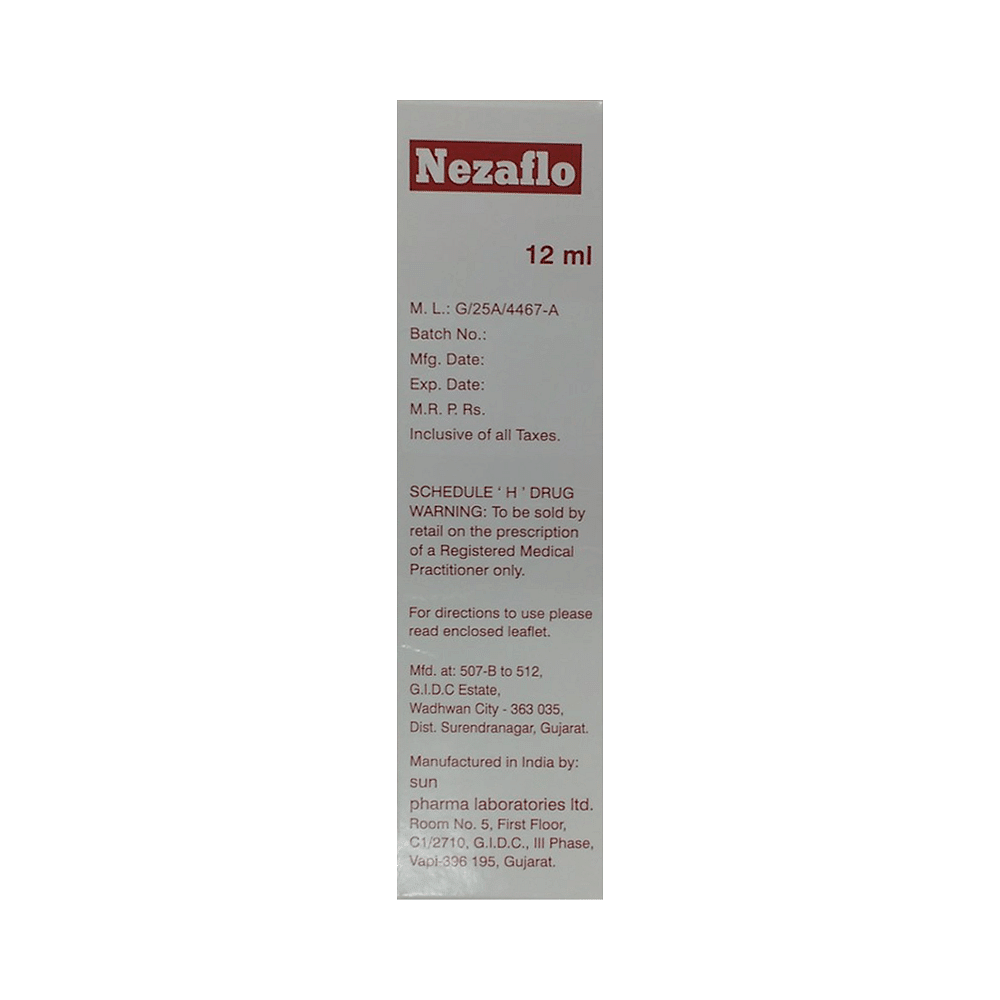
Nezaflo Nasal Spray
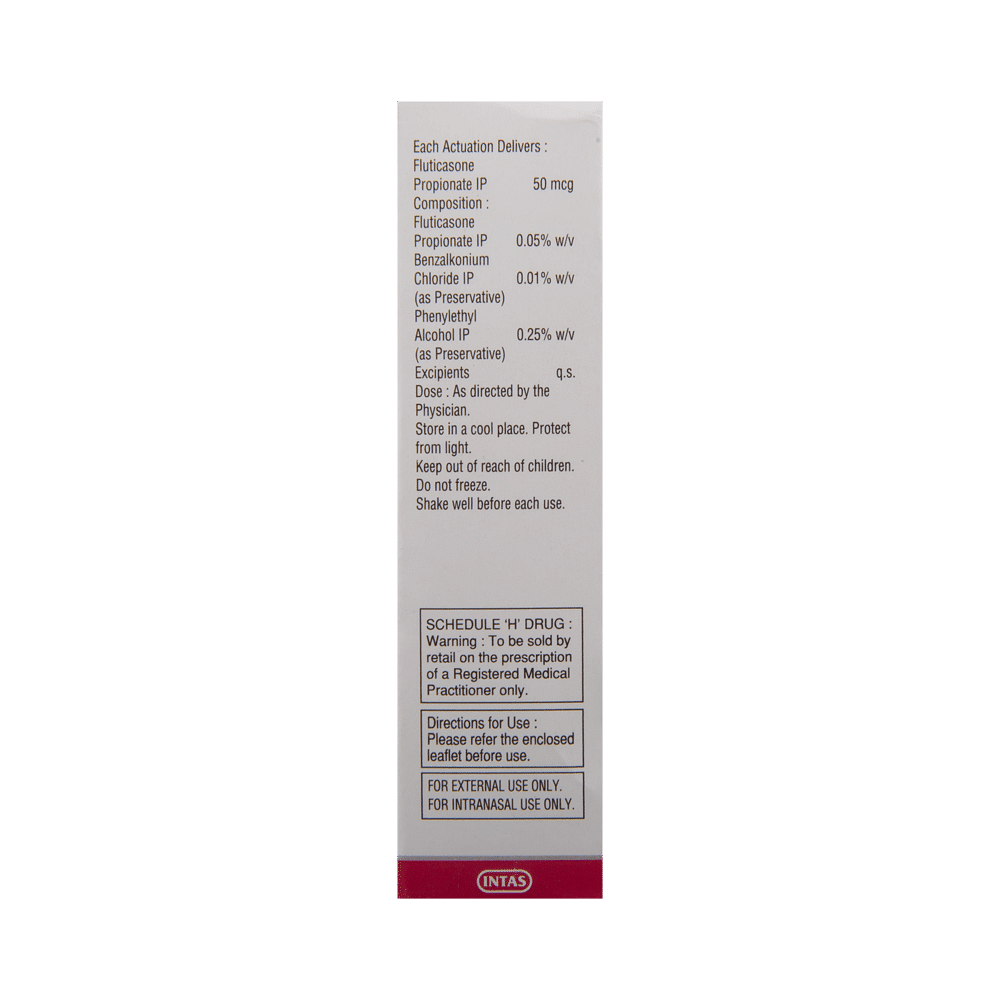
Ezicas Nasal Spray
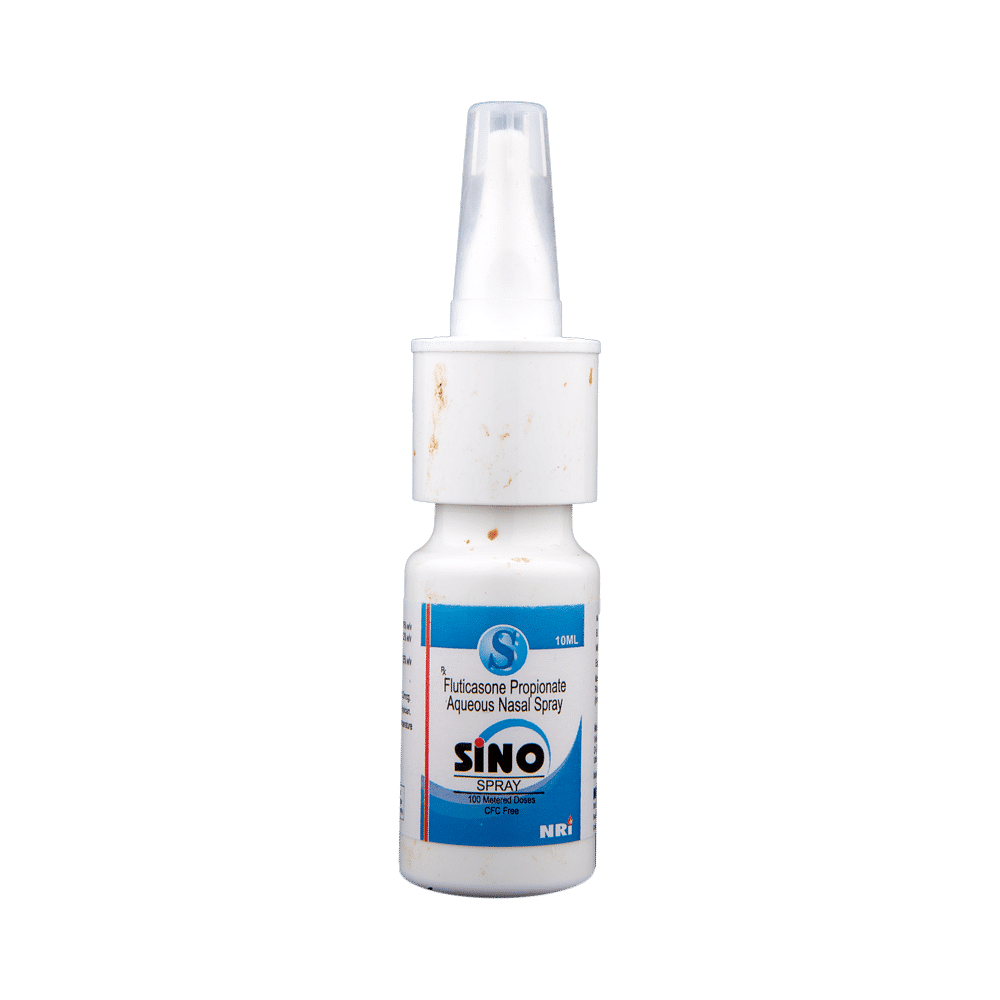
Sino Nasal Spray

Nezaflo Nasal Spray
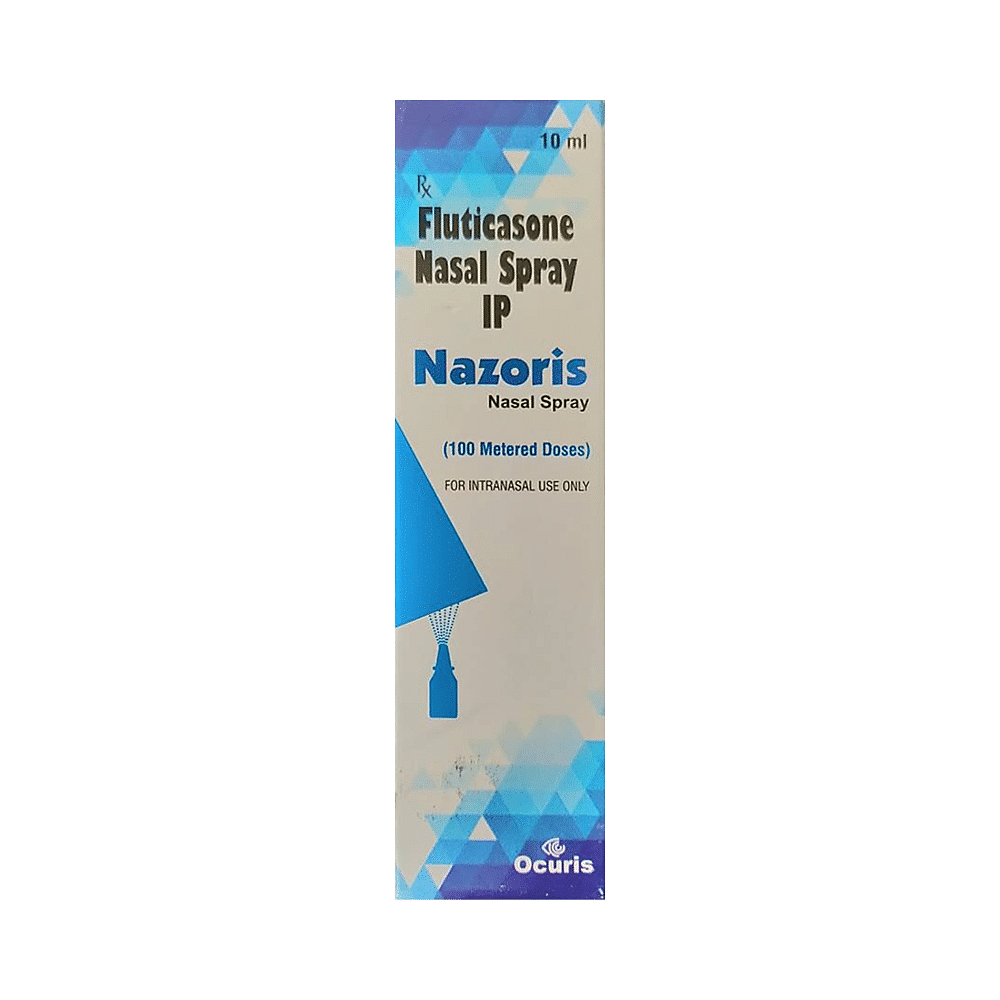
Nazoris Nasal Spray
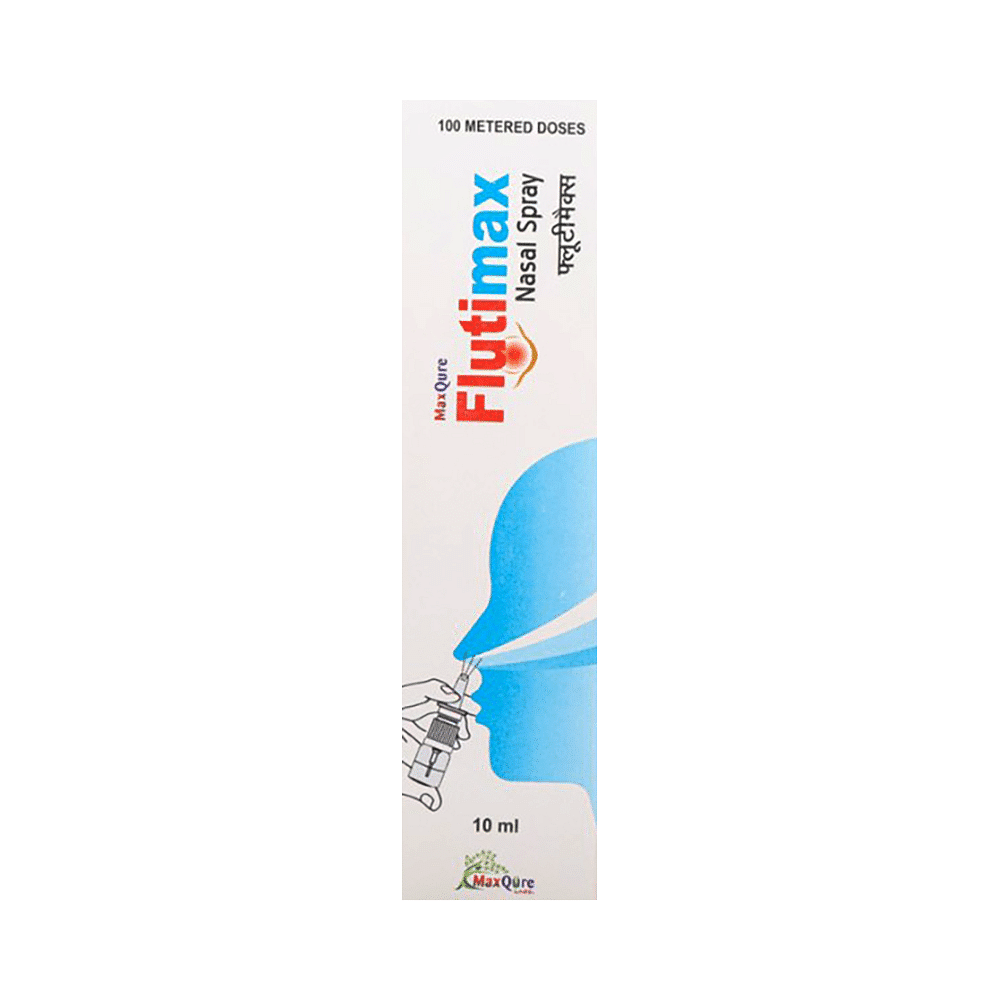
Flutimax 0.05% Nasal Spray
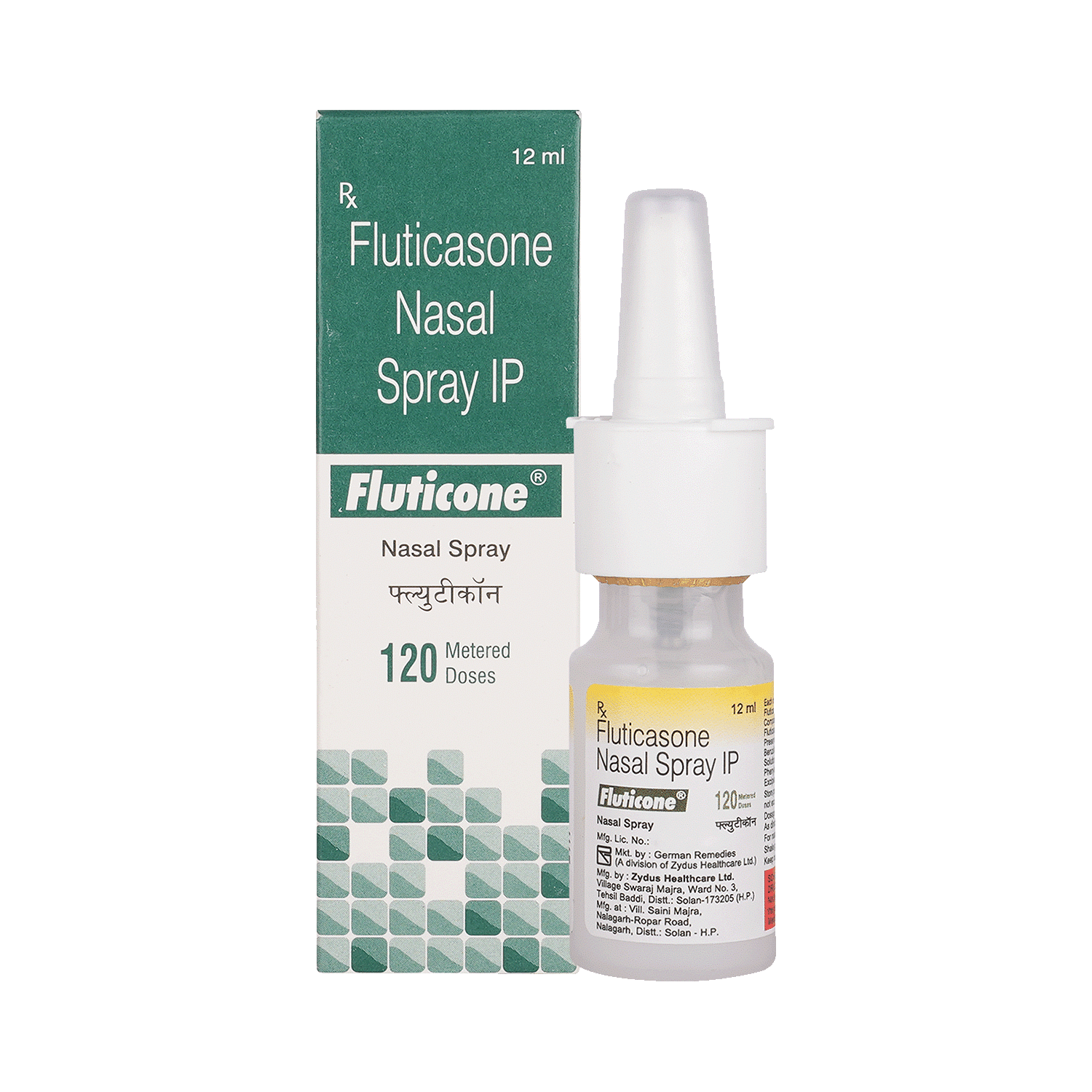
Fluticone Nasal Spray
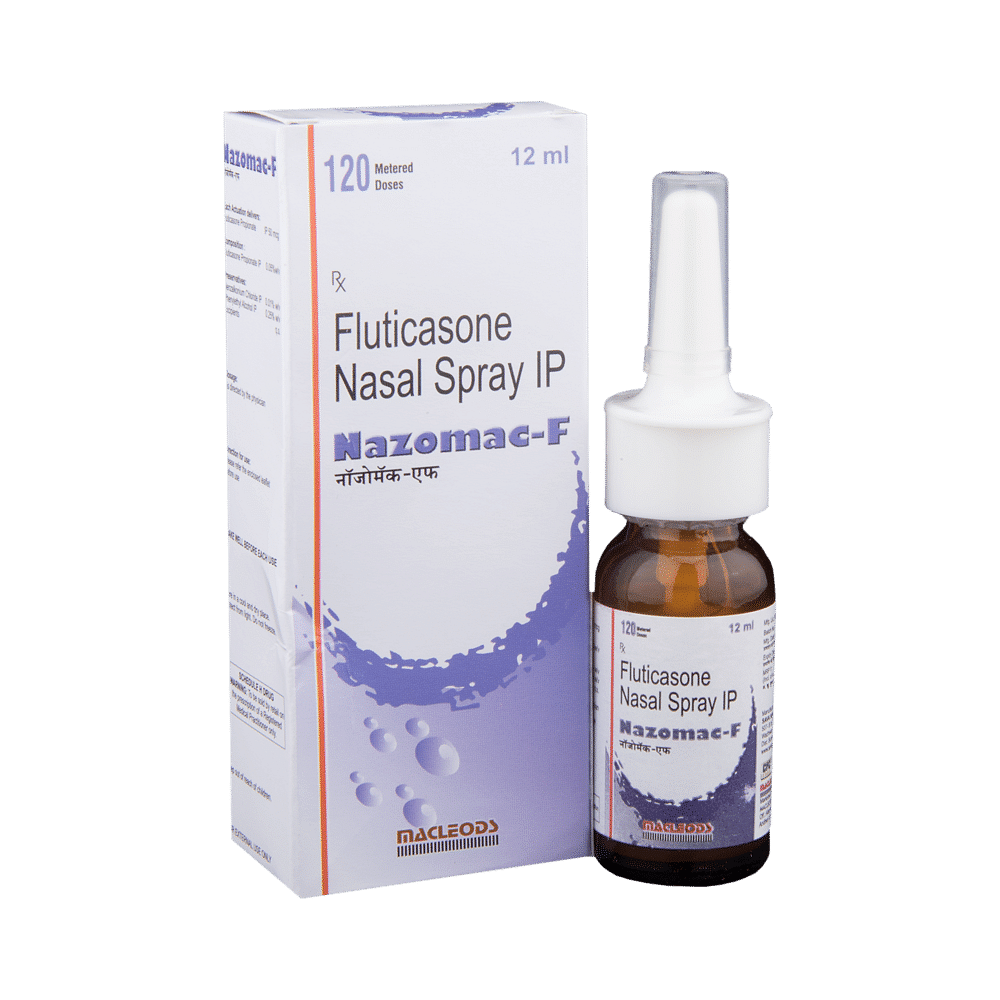
Nazomac-F Nasal Spray

Yeonaze-F Nasal Spray

Ffns 120 Nasal Spray
Frequently asked questions
How long does it take for Rhinofit Nasal Spray to relieve allergy symptoms?
Rhinofit Nasal Spray may take several days of regular use to effectively alleviate allergy symptoms. If your symptoms do not improve or worsen, consult your doctor for further guidance.
What happens if I take more than the prescribed dose of Rhinofit Nasal Spray?
It is crucial to adhere to the recommended dosage of Rhinofit Nasal Spray, as taking more than prescribed or using it for an extended period may lead to unwanted side effects. Consult your doctor for personalized advice.
Can I use Rhinofit Nasal Spray after having nose surgery?
It is not recommended to use Rhinofit Nasal Spray if you have recently undergone nose surgery or have an active nose infection, as it may increase the risk of nose bleeding and excessive pain. Consult your doctor for specific guidance on post-operative care.
Can Rhinofit Nasal Spray be used to treat asthma attacks?
Rhinofit Nasal Spray is specifically designed to provide relief from allergy symptoms such as runny nose, sneezing, and itchy or watery eyes. It is not intended for treating asthma attacks. Consult your doctor for appropriate treatment options.
Why am I experiencing a headache after using Rhinofit Nasal Spray?
Headache is a common side effect of Rhinofit Nasal Spray. To alleviate symptoms, take rest, drink plenty of water, and consult your doctor for a suitable painkiller recommendation. If the headaches persist, inform your doctor.
What lifestyle changes can help with allergies?
The most effective way to prevent allergic reactions is to avoid exposure to the allergen (dust, pet fur, hair, insect bites, food allergies) if possible. For hay fever, minimize outdoor activities during peak pollen hours, shower and change clothes after being outside, and consider wearing a mask to cover your nose and mouth.


